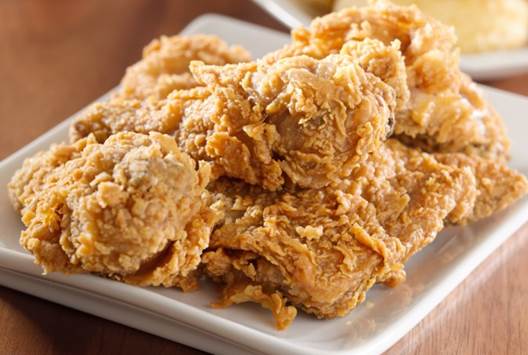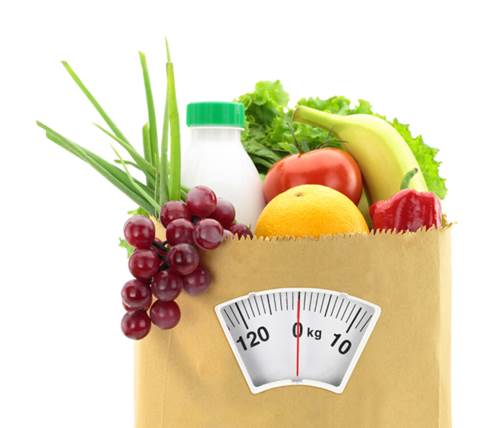Bloating and indigestion are symptoms that
often occur after eating, long-time staying up late or having other digestive
disorders.
There’re some foods that can cause bloating
and indigestion such as fried foods, souses, cold foods, spicy foods…
Therefore, people who have weak digestion should limit those foods.
Bloating and indigestion are symptoms that
often occur after eating, long-time staying up late or having other digestive
disorders. For that reason, to avoid the situation, you should follow some tips
below.
Eat less fried food

Eating
fried foods will make the level of lipid increase, which is not good for your
health.
Fried foods are hardly digested and a
burden on digestion: eating fried foods will make the level of lipid increase,
which is not good for your health.
Besides, fired foods also cause carcinogen
which is as powerful as polycyclic aromatic hydrocarbons. As coffee is being
burned, the benzopyrene will increase 20 times as much as usual. Pan cake,
fried tofu and potato chips… are mainly cook with oil that’s heated from times
to times; the high temperature will help produce carcinogen.
Eat less souse
Foods that contain salt and some
carcinogens should be eaten.
Cold and spicy foods
Eating cold foods will cause irritation to
gastrointestinal mucosa, which have strong effects and abilities to cause
diarrhea or gastroenteritis.

Spices
can create special flavors for the foods but, they also cause irritation to the
esophageal mucosa.
Spices can create special flavors for the
foods but, they also cause irritation to the esophageal mucosa. The hot spice
especially which belongs to chili can severely cause skin burn. Hence, hot
spice is absolutely harmful to gastric mucosa especially to people who already
have stomach ulcer. Moreover, eating spice that is too hot can cause bad
effects on digestive enzymes of the stomach and cause discomfort.
Regular diet
Researches have shown that regular diet,
measurements can help create a conditional reflex that will help peptic gland
to have better digestion.
Quantitative diet
To prevent discomfort, you should eat a
moderate amount of foods, 3 meals a day and be on time. Although you’re not
hungry, you should eat on time to prevent the fact that you’re too hungry or
full.

To
prevent discomfort, you should eat a moderate amount of foods, 3 meals a day
and be on time.
Eat slowly and chew carefully
To reduce the burden of the stomach, you
should eat slowly, chew carefully; the saliva will help protect the gastric
mucosa.
Appropriate food temperature
To protect the oral, gastric and intestinal
mucosa, you should eat foods that have moderate temperature; foods that are not
so hot or cold.
Keep warm
The reason of gastric dysfunction is the
cold. Therefore, the stomach should be kept warm and protected from cold.
Indigestive symptoms
·
Distention: you
can feel that your stomach is full, tight and very uncomfortable.
·
Nausea: after
meals you feel like very nausea. The nausea can also be followed with dizziness.
However, in case you throw up blood, you should see a doctor right away.
·
Eructation: it is
one of the indigestion’s symptoms.
·
Heartburn: it’s
like burning in the chest.
Nevertheless, if
you tried many ways but can’t get rid of the sickness or the sickness just got
worse, you should consider it as a disease and see a doctor for clear
conclusion.